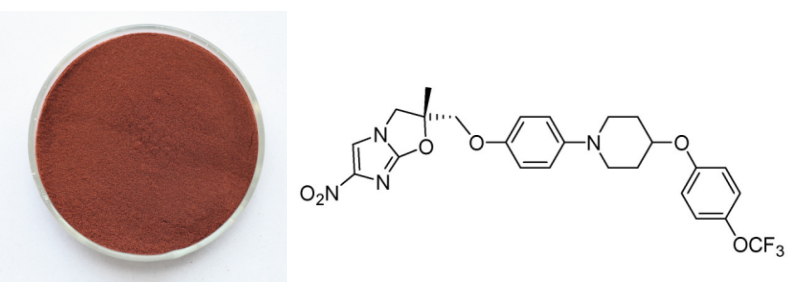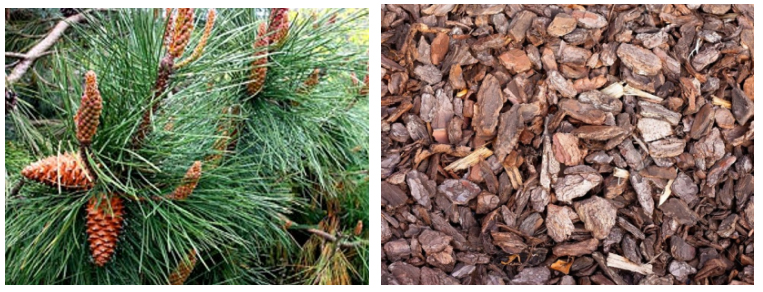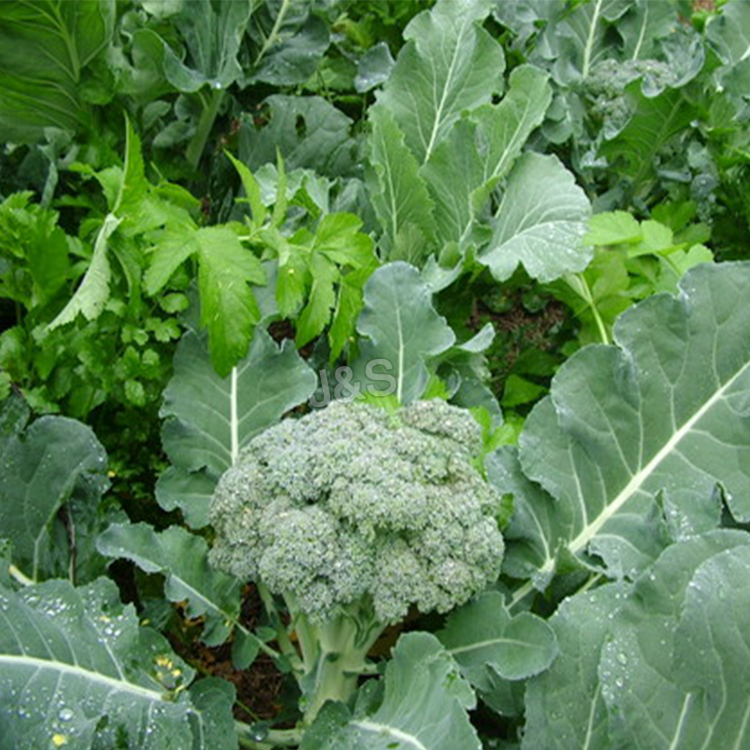Renewable Design for Pine bark Extract Manufacturer in Provence
Renewable Design for Pine bark Extract Manufacturer in Provence Detail:
[Latin Name] Pinus pinaster.
[Specification] OPC ≥ 95%
[Appearance] Red brown fine powder
Plant Part Used: Bark
[Particle size] 80Mesh
[Loss on drying] ≤5.0%
[Heavy Metal] ≤10PPM
[Storage] Store in cool & dry area, keep away from the direct light and heat.
[Shelf life] 24 Months
[Package] Packed in paper-drums and two plastic-bags inside.
[Net weight] 25kgs/drum
[What is Pine bark?]
Pine bark, botanical name Pinus pinaster, is a maritime pine native to southwest France that also grows in countries along the western Mediterranean. Pine bark contains a number of beneficial compounds that are extracted from the bark in a way that doesn’t destroy or damage the tree.
[How does it work?]
What gives pine bark extract its notoriety as a powerful ingredient and super antioxidant is that it’s loaded with oligomeric proanthocyanidin compounds, OPCs for short. The same ingredient can be found in grape seeds, the skin of peanuts and witch hazel bark. But what makes this miracle ingredient so amazing?
While OPCs found in this extract are mostly known for their antioxidant-producing benefits, these amazing compounds exude antibacterial, antiviral, anticarcinogenic, anti-aging, anti-inflammatory and anti-allergic properties. Pine bark extract can help reduce muscle soreness and may help improve conditions relating to poor circulation, high blood pressure, osteoarthritis, diabetes, ADHD, female reproductive issues, skin, erectile dysfunction, eye disease and sports stamina.
Seems like it must be pretty amazing, but let’s look closer. The list goes on a bit further, as the OPCs in this extract may “inhibit lipid peroxidation, platelet aggregation, capillary permeability and fragility, and to affect enzyme systems,” which basically means it may be a natural treatment for many serious health conditions, such as stroke and heart disease.
[Function]
- Lowers Glucose Levels, Improving Diabetic Symptoms
- Helps Prevent Hearing Loss and Balance
- Staves Off Infections
- Protects the Skin from Ultraviolet Exposure
- Decreases Erectile Dysfunction
- Reduces Inflammation
- Helps Increase Athletic Performance
Product detail pictures:

Related Product Guide:
It adheres on the tenet "Honest, industrious, enterprising, innovative" to develop new items frequently. It regards buyers, success as its very own success. Let us produce prosperous future hand in hand for Renewable Design for Pine bark Extract Manufacturer in Provence , The product will supply to all over the world, such as: kazakhstan, Netherlands, Latvia, Our company has a skillful sales team, strong economic foundation, great technical force, advanced equipment, complete testing means, and excellent after-sales services. Our products have beautiful appearance, fine workmanship and superior quality and win the unanimous approvals of the customers all over the world.
Pumpkin oil
Peppermint oil
Why pumpkin oil?
It reverse balding, contains fatty acids, vitamins B and essential nutrients for hair growth.
Why peppermint Essential oil?
It stimulate follicles for healthy hair growth. Prevents dandruff and keeps you scalp fresh.
This really works for me. I do this every 2 weeks!
Music
Tory lanez – Unforgetful
Sociall media
YT channel: Saffro
Instagram: saffiera_
My thoughts on the alternative sweetener stevia, based on my own personal experiences.
Check out my travel channel here: https://www.youtube.com/gabejedmo
Here’s an eye-opening article about stevia: https://eatlocalgrown.com/article/14684-the-bitter-truth-about-stevia.html
Check out Gabriel’s intriguing books on a variety of subjects, from spirituality to travel to love & relationships: https://www.amazon.com/Gabriel-Morris/e/B001JS0KOS/
(All books also available on Amazon.co.uk and other Amazon online stores.)
Gabriel Morris on Facebook: https://www.facebook.com/AuthorGabrielMorris
Gabriel’s spiritual website: https://www.kundalini-fire.com
Gabriel’s adventure travel site: https://gabrieltraveler.com
Gabriel Morris was born in Vancouver, Canada, raised in rural northern California and has also lived in Alaska, Hawaii, Oregon and Alberta, Canada. He is an admitted travel junkie, outdoors enthusiast, creative writer and spiritual seeker, with a B.A. in World Religions. He is author of ‘Kundalini and the Art of Being’, ‘Kundalini and the Power of Awakening’, ‘The Mystery of Woman’, ‘Following My Thumb’, ‘Gabe’s Guide to Budget Travel’ and other books.
Watch Out For Stevia!!! My Really Bad Stevia Experiences
Staff is skilled, well-equipped, process is specification, products meet the requirements and delivery is guaranteed, a best partner!







